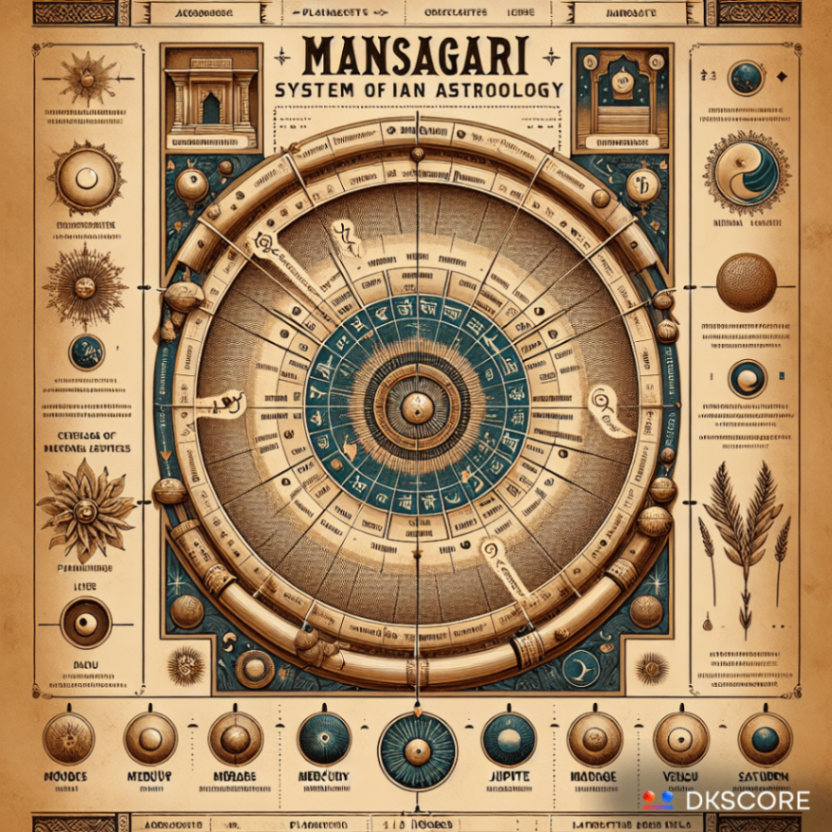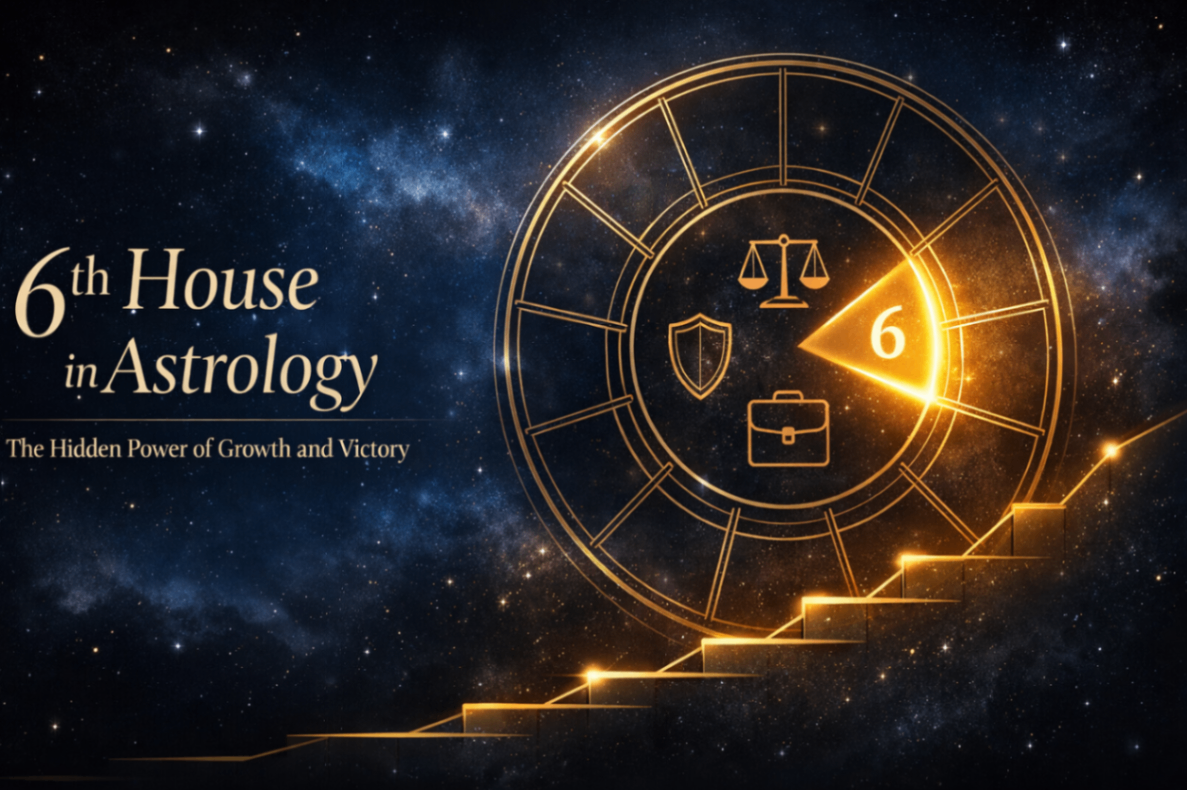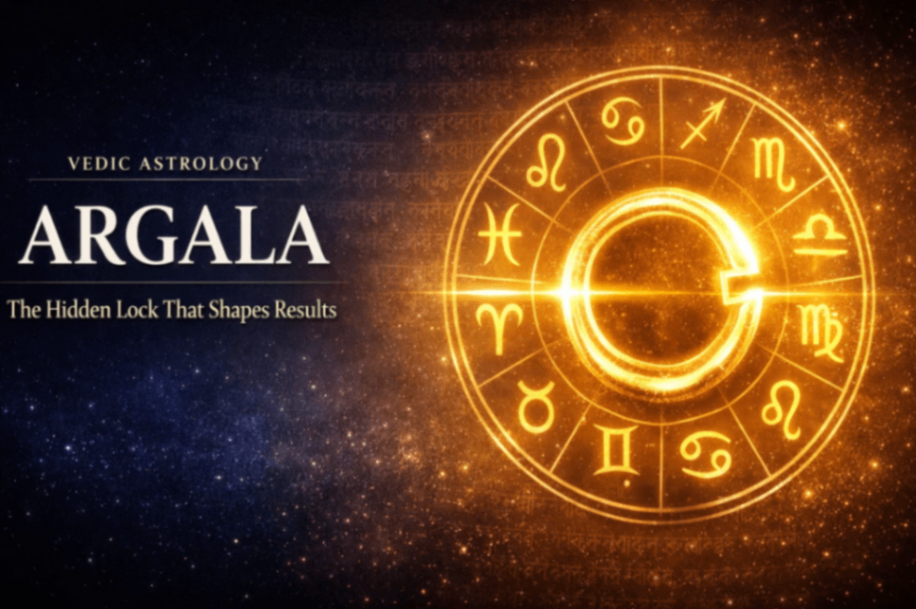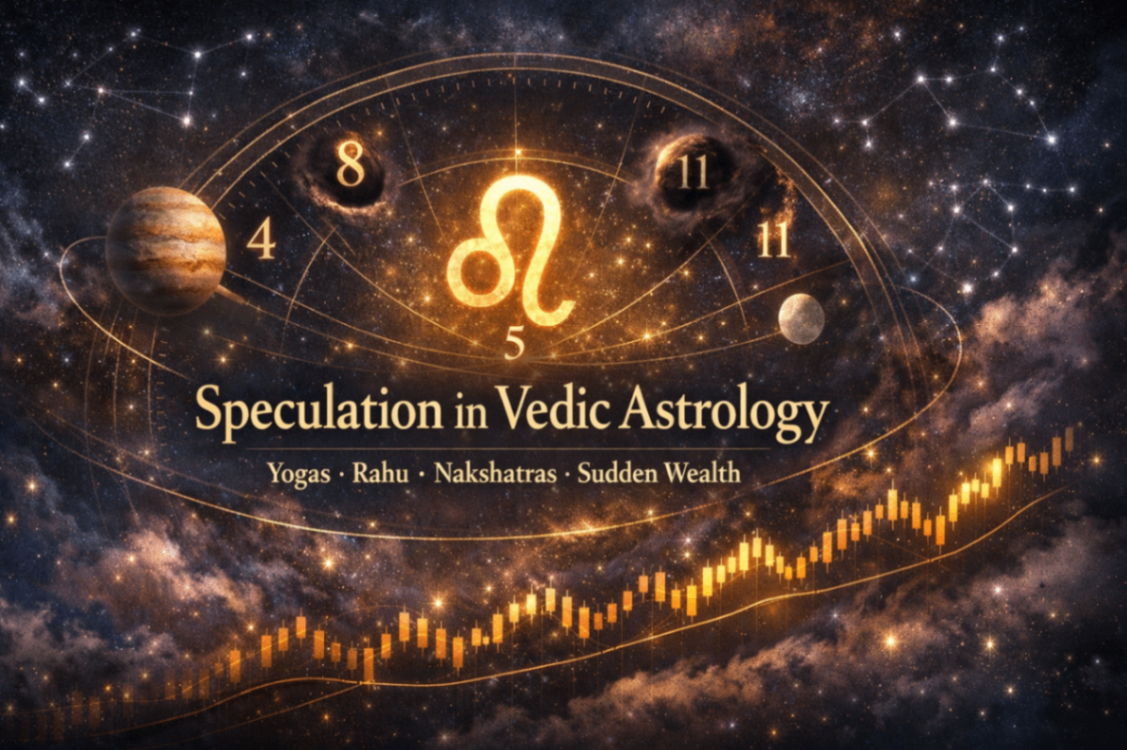Vedic astrology is a profound ancient science that unravels the intricate connections between celestial bodies and human life. It provides a unique perspective on how our past actions, often referred to as karmic cycles, influence our present and future. Among its many facets, the concept of karmic debt holds a central place, offering profound insights into life’s challenges and opportunities.
What Is Karmic Debt in Vedic Astrology?
In Vedic astrology, karmic debt refers to unresolved consequences of past actions carried forward into this life. It reflects the lessons and tests an individual must face to achieve spiritual growth. The karmic debt meaning can be discerned through planetary positions, especially the influence of Saturn, Rahu, and Ketu, known for their strong karmic associations.
The Role of Aura in Understanding Karmic Debt

A person’s aura is a reflection of their spiritual energy, acting as a defense mechanism against external influences. The aura plays a significant role in determining how one processes and balances their karmic debt.
Moon’s Strength: A strong Moon indicates emotional resilience, essential for navigating karmic cycles. Its strength depends on its phase and planetary associations in the birth chart.
Sun’s Influence: The Sun, as the life-giving force, determines vitality. Its position, particularly when afflicted by malefic planets like Rahu or Ketu, can weaken the aura, exposing an individual to the effects of unresolved karmic patterns.
Ascendant’s Role: The Ascendant represents the physical self. A robust Ascendant offers strength to endure and learn from karmic lessons, while a weak one makes an individual susceptible to challenges.
The Karmic Trio: Saturn, Rahu, and Ketu

Saturn, Rahu, and Ketu are often referred to as the karmic trio in Vedic astrology. Their placement in a chart can highlight the presence and nature of one’s karmic debts.
Saturn’s Influence: Saturn is the planet of discipline and lessons. It reveals the areas of life where perseverance and effort are required to balance past karma.
Rahu’s Energy: Rahu represents desires and material attachments. Its influence often brings situations that force individuals to confront unresolved karmic patterns.
Ketu’s Spiritual Role: Ketu signifies detachment and spiritual evolution. It encourages introspection and helps individuals transcend their karmic cycles.
When these planets align with the Moon or Ascendant, they amplify the challenges, often manifesting as delays, struggles, or spiritual trials.
Understanding Challenging Yogas and Karmic Debt
Certain yogas (planetary combinations) in a birth chart can indicate a heightened presence of karmic debts. For example:
A conjunction of Saturn, Rahu, and Moon in pivotal houses may signify spiritual attacks or prolonged delays in achieving goals.
Placement of Ketu in the 12th house can suggest unresolved karma linked to isolation or spirituality.
Recognizing these yogas is crucial for understanding life’s difficulties and the lessons embedded in them.
Remedies for Balancing Karmic Debt
Vedic astrology offers remedies to help mitigate the effects of karmic debt. These practices align the individual with cosmic energies, facilitating spiritual growth and balance.
Spiritual Practices: Regular meditation, prayers, and rituals help strengthen the aura and provide protection against negative influences.
Charity and Service: Acts of selflessness can neutralize adverse karmic influences and generate positive karma.

Astrological Remedies: Wearing gemstones, chanting mantras, or performing specific rituals on auspicious days can alleviate the impact of malefic planetary positions.
Free Will and Karmic Cycles
While planetary alignments indicate tendencies, Vedic astrology emphasizes the role of free will. Conscious actions aligned with dharma (righteousness) enable individuals to navigate their karmic cycles more effectively. This perspective highlights the dynamic interplay between fate and effort, encouraging individuals to take responsibility for their growth.
The Spiritual Perspective of Karmic Debt
From a spiritual standpoint, karmic debt serves as a tool for evolution. It pushes individuals to reflect on their past actions, embrace necessary changes, and cultivate virtues like patience and compassion. Recognizing and accepting these lessons can transform challenges into opportunities for growth.
Conclusion
The concept of karmic debt in Vedic astrology offers profound insights into the spiritual and practical dimensions of life. By understanding planetary influences, recognizing challenging yogas, and adopting recommended remedies, individuals can navigate their karmic paths with greater clarity and resilience.
Embracing the teachings of Vedic astrology not only helps balance karmic cycles but also opens the door to a more harmonious and fulfilling life.






































